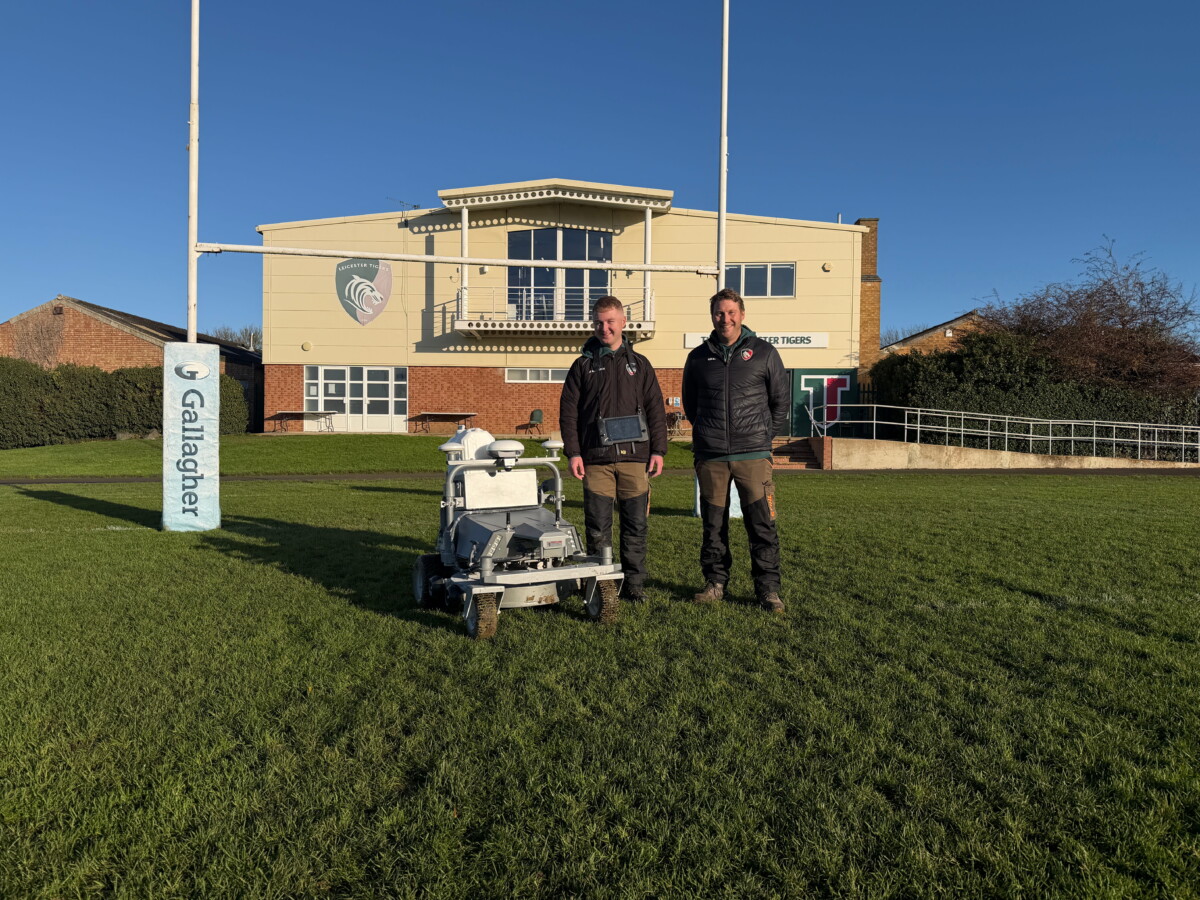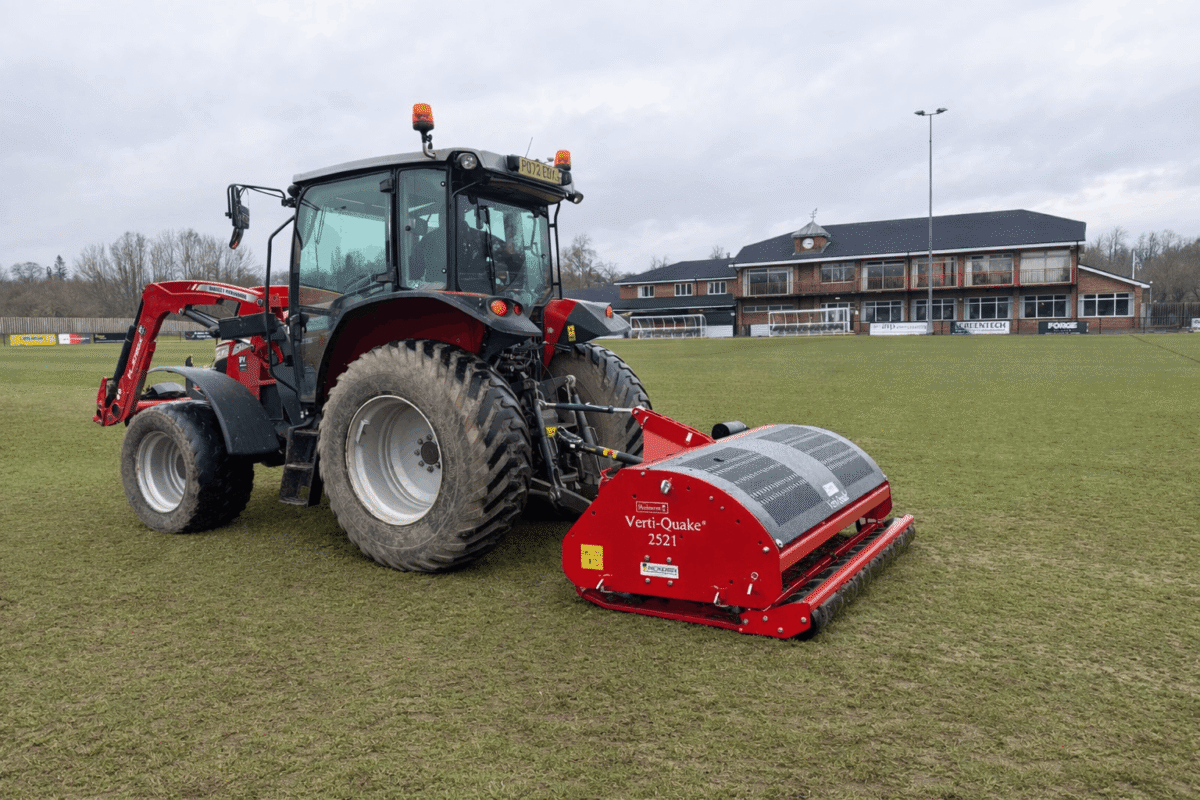Don’t score an own goal with your borehole: Last November Norwich City Football Club was named joint fifth in a sustainability league table of all 20 Premier League clubs.
The table was compiled by BBC Sport, working with the United Nations-backed Sport Positive Summit, and one of the reasons for the club’s success was the fact its Carrow Road pitch is watered via a borehole and the training ground recycles the water from the pitches.

The reality is that many football clubs and other sports facilities, such as golf courses and racecourses, rely on boreholes for the critical irrigation of their sports turf.
Having your own private water supply delivers guaranteed water delivery and keeps costs down, but it also comes with the need to meet certain goals, says Mike Deed, Managing Director of Geoquip Water Solutions, experts in borehole management.
“A lot of the big football clubs have several wells which provide water to their network of training pitches and main ground,” he said.
“It is absolutely essential that playing surfaces are irrigated to the best possible standard and remain in tip top condition throughout the season. If water quality or quantity is affected by borehole problems, then the impact can be wide-ranging.
“Investing in a borehole is a significant capital investment, but given the cost of mains water and the fact that a typical borehole will be expected to deliver a return on investment in less than four years, it can also be very worthwhile – providing you take good care of it.”
The trick, he says, is to make sure that an ongoing monitoring and maintenance programme is built in from day one.
“All too often, borehole owners take a ‘fit and forget’ approach in that they fit the borehole and expect it to continue delivering maximum yield without any proactive maintenance.
“In football terms, it would be like fielding your best team for every single match without addressing their physical or mental needs or considering how they might be able to keep delivering their best without any care or attention.”
Typical borehole problems are likely to include reduced yield, a change in the quality of water and/ or a drop in water pressure.
All three can be caused by contamination, such as iron-related bacteria, iron oxide, manganese oxide and calcium carbonate deposits affecting the pumps, pipes and motors.

If too much iron in the water is allowed to build up, it can cause brown staining on hard and soft landscaping and infrastructure (such as buildings), another reason why boreholes need to be regularly treated.
Other problems will include the encrustation of casings and pipes, clogging of filters – preventing the free entry of groundwater, and potential damage to the borehole wall or pumping equipment.
A monitoring and telemetry programme, with the installation of bespoke panels and dashboards, enables remote data collection from each borehole, allowing the user to see issues such as draw down, water pressure, general temperature and also the temperature of the motor.
Triggers and alarm points can be added to raise alerts when faults or particular combinations of problems arise, enabling early preventive action to take place.
Downhole cameras also provide a bird’s eye view into the heart of the borehole, allowing images to be taken and, from there, essential decisions regarding maintenance can be taken before the condition of the turf is potentially impacted by poor water quality.
Geoquip works with a number of partners, including Nicholls Boreholes, which recently helped one Premiership club struggling with dwindling yields from its two existing wells.
After site visits and a consultation process, the Nicholls team recommended a BoreSaver Ultra C Pro treatment solution, which now includes a biodegradable marker to guarantee that no chemical residue is left in the water.
A special system was put in place to capture the iron for licensed disposal and the clean water was discharged through the club’s drainage system without fear of causing any blockage or contamination.
As a result, both the club and the Nicholls’ team saw an immediate increase in yield and are now considering a regular treatment plan.


























